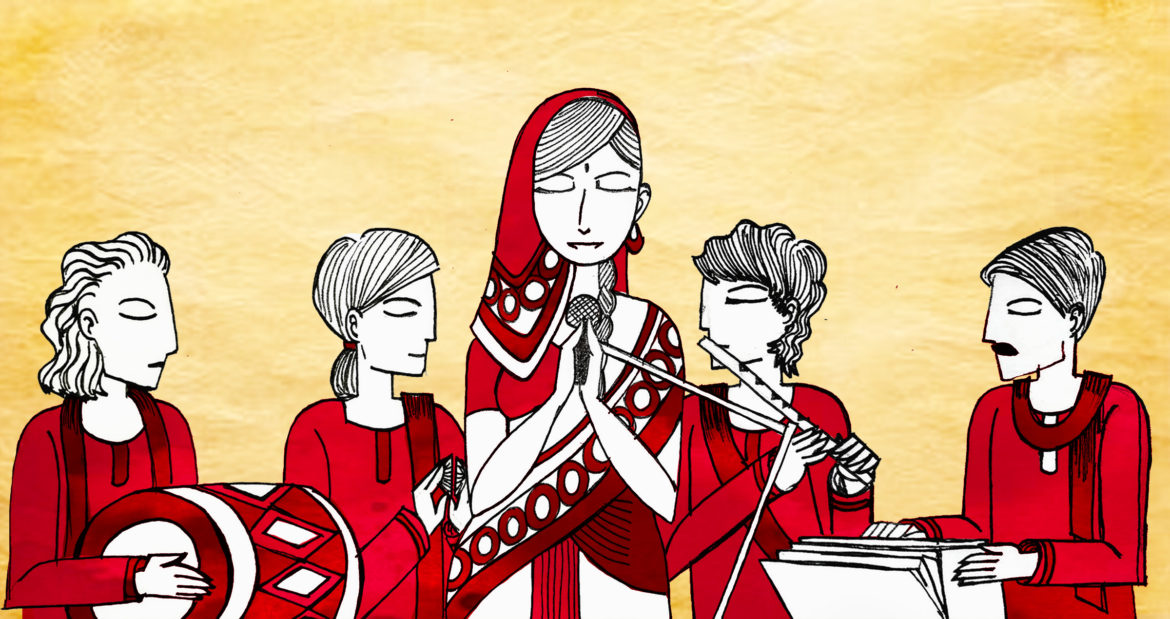The battle of Karbala was fought in the desert of Karbala in central Iraq in 61 AH (680 AD). During the Karbala battle, the Shia leader and Prophet Muhammad’s grandson, Imam Husayn, along with his family and troops, was tortured and killed by the troops of the Sunni leader, the Umayyid caliph, Yazid. The tragic climax of a long-drawn war of inheritance between the prophetic line and the caliphate, the martyrdom of Imam Husayn and his family is commemorated during the first month of the Hijri calendar, Muharram. The Karbala ritual, as this kind of commemoration has come to be called, was first institutionalised by the Buyid dynasty in tenth-century Iran. From there, the ritual has spread far and wide throughout the Islamicate world, including in Bengal, which before the Partition of 1947 was a Shia-minority region.
Author
Sreejata Paul
Sreejata Paul
Sreejata Paul holds BA, MA, and MPhil degrees in English literature. Currently she is pursuing a dual-badged PhD degree from IIT-Bombay and Monash University. She works on Muslim women writers from colonial Bengal. She is also associate editor of Colloquy journal, and vocalist with LBGTQ choir Rainbow Voices Mumbai.
